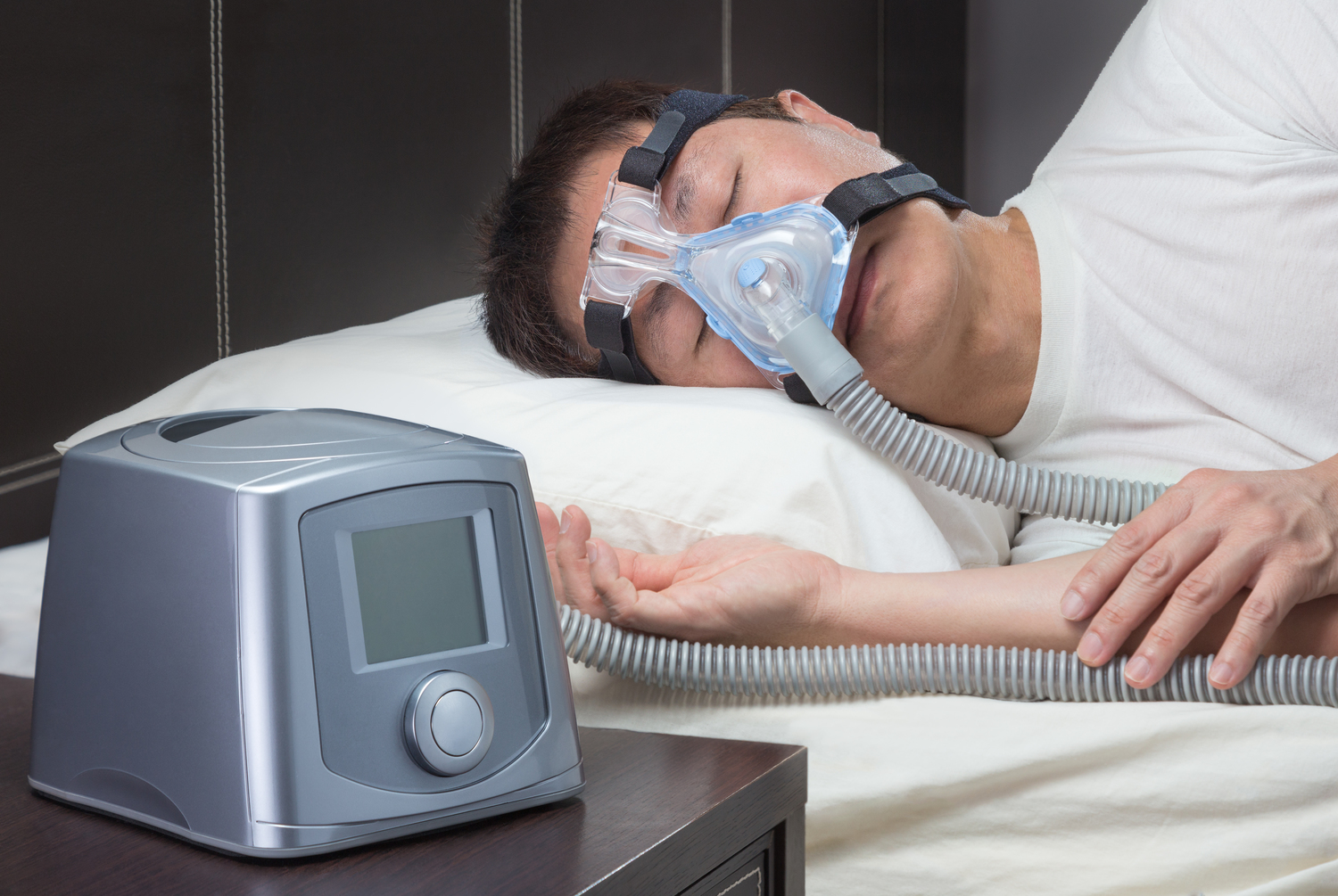
Sleep Apnea: Early Signs and Diagnosis Methods
Sleep apnea is an extremely disturbing sleep disorder. It involves episodes of stopped breathing during sleep. Sleep apnea can cause a host of other problems such as insomnia, high blood pressure, memory problems, and even cardiovascular diseases. This serious sleep ailment can affect anyone, irrespective of age. Very common in children, the condition radically affects their development and growth. Early signs and diagnosis of sleep apnea need to be confirmed for getting proper treatment by the doctor.
Early signs of sleep apnea:
- A typical episode of loud snoring throughout the night
- Intermittent episodes of breathing difficulty at night
- Gasping for air while sleeping that causes you to wake up
- Experiencing difficulty in staying asleep
- Getting up from sleep with a dry mouth or sore throat
- Morning headache
- Weight gain
- Chronic fatigue during the daytime even after a full night’s sleep
- Cramping in the legs
- Steps to diagnose sleep apnea.
These simple steps to detect early signs and diagnosis of sleep apnea can be very helpful.
Monitor sleep
It is important to monitor your sleep for symptoms of sleep apnea so that you can tell your doctor. This will help the doctor to make a diagnosis. You can ask your sleeping partner to give feedback on the patterns of sleep. If you sleep alone, you can record your sleeping pattern with a video or audio recorder. Keep a record of any sudden episodes during the night.
Consider the pitch of your snoring
Loud snoring is a sure-shot sign of sleep apnea. Also, loud snoring is the cause of chronic fatigue and lethargy during the entire day. However, normal snoring does not influence your daytime health.
Consider the frequency of your waking up during the night
People suffering from sleep apnea often wake up suddenly because of shortness of breath. Upon waking, they may also snort, choke, or gasp for breath. You may not be aware of these symptoms while you sleep. However, on waking up you will feel out of breath. This is a strong indicator that you have this sleep disorder.
Consider your feelings and energy levels during the day
Anyone suffering from sleep apnea will experience a lack of energy and extreme drowsiness during the day, regardless of spending the full night in bed. They may even fall asleep while they are performing significant tasks such as driving or working.
Consider if you wake up with a dry mouth or sore throat
It is common for people suffering from sleep apnea to wake up with a sore throat or dry mouth. This occurs due to their snoring. If you persistently get up in the morning with a dry mouth or sore throat, then that might be a sign of sleep apnea.
Early signs and symptoms must be identified to get to the medical practitioner. If not diagnosed and treated, sleep apnea becomes the cause of poor performance in everyday activities. Once the diagnosis of sleep apnea is ascertained, the doctor can suggest the right treatment for this serious sleep disorder.


